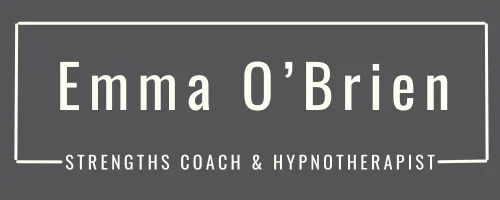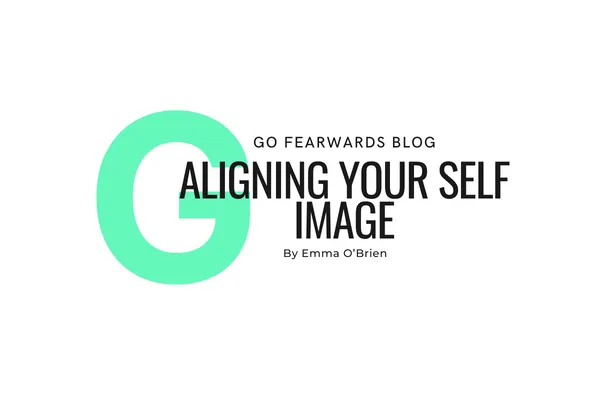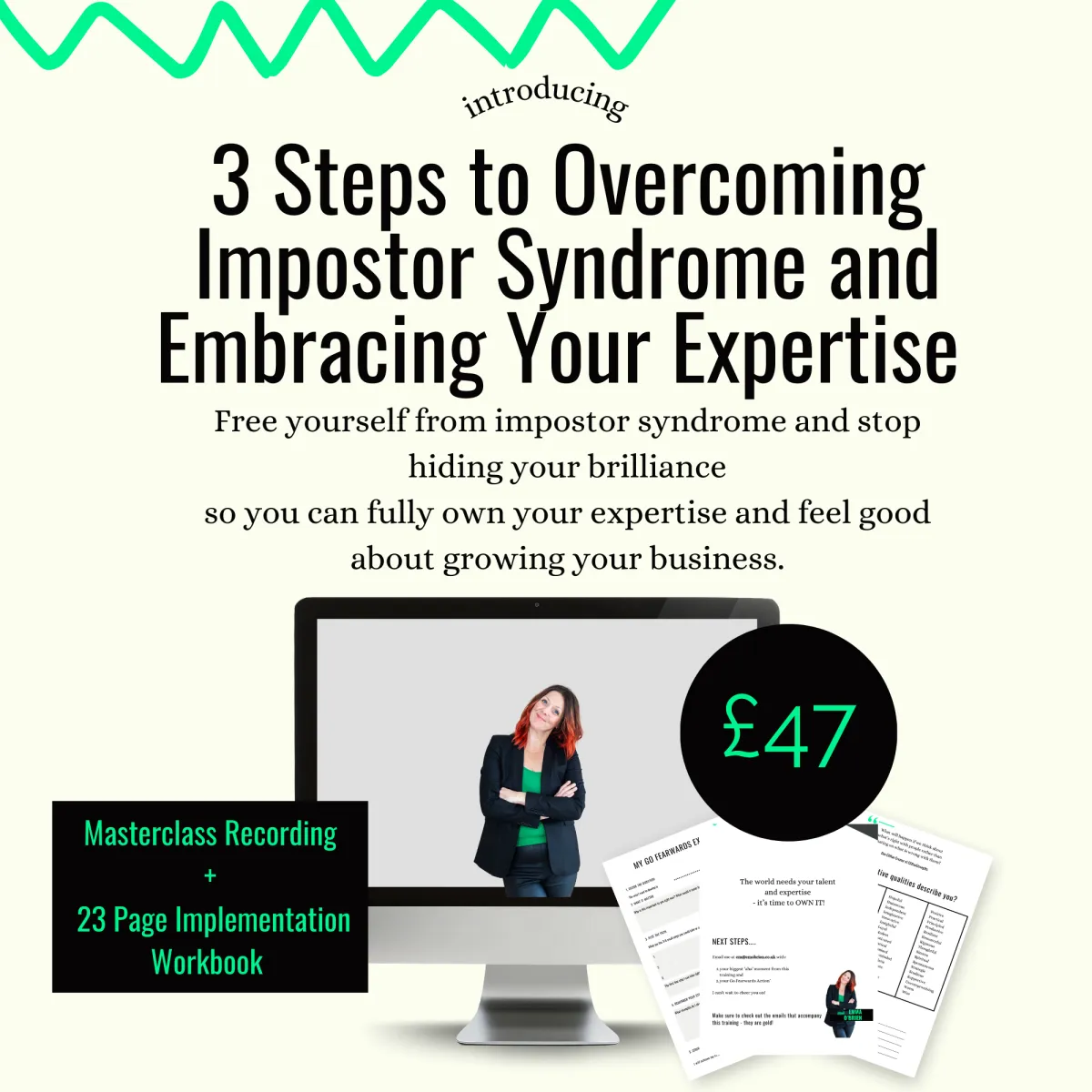

Does your self image align with your goals?
Go Fearwards Friday: 22 December
Hello there
It's issue #30 (yes 30!! Woo hoo ) of Go Fearwards Friday, where I share ideas and insights each week to encourage, inspire and equip you to embrace fear and fuel your potential.
This week at a glance:
Read time: 3 minutes
Recap from last week...
The mind responds to the words we say to ourselves and the mental pictures we form. Your subconscious is a 'goal striving' mechanism that will direct you towards a goal that you can ‘see’, that you mull over and dwell on, hence consciously choosing and focussing on one primary goal makes sense if you want to optimise that natural capability.
Within that, the key goal image is the image you have of yourself: your self-image.
Let's Go Fearwards
What does ‘self-image’ comprise?
How you think about yourself both in words and images
What you think other people think of you
How you would like to be, your ideal self.
These three areas are really worth thinking about, especially in relation to your ambitions for 2024. I've been through lots of goal setting processes where you're encouraged to consider who you need to be to achieve the goals you set but this isn't enough because it misses how you feel about yourself right now. That's actually where we really need to pay attention because the information that we feed to ourselves about ourselves is what our experience is based upon.
There’s a big difference between this
Thinking you’re not good enough / worthy enough, not liking what you see when you look in the mirror.
Believing you are a long way from who you’d ideally like to be
Thinking that other people perceive you in this way too.
And this
Seeing yourself as an attractive, confident person
Thinking of yourself as smart and resourceful
Believing that you're somewhat already the ideal version of yourself
Thinking that others perceive you in this way too.
“Self image prescribes the limits for the accomplishment of goals. It prescribes the area of the possible.” Maxwell Maltz
Does your self-image align?
If you have ever found yourself falling short of what you want in the past then this could be where you’ll find the leverage to make a huge difference.
It’s important to create a healthy, realistic, self image because you will only ever act in a way that is appropriate with it. Here are three lessons I've learnt about self-image:
You have to be willing to accept that your self-image is probably skewed to the negative.
This comes in the form of selling yourself short and ‘cheating yourself’ out of success by hanging on to outdated stories and beliefs. It shows up as not letting in praise or acknowledging fully your successes, down playing your part in them and focussing on shortcomings and weaknesses instead of strengths.
I call this ‘wearing the wrong glasses’ when it comes to how you see yourself.
There's a quest you have to go on to learn the truth about you.
What I've observed with nearly all the people that I've coached one to one is that there’s often a ‘truth’ that they have missed about themselves. Either because they simply weren't looking for it or were hanging on to an inaccurate image of themselves formed in the past they believed to be true but isn't.
This truth represents your unique talents and special qualities, attributes that others may recognise in you but you can’t see so well for yourself. Capabilities that once you know are already there, can be enhanced to new levels.
No one else can enhance your self image
It’s up to us to decide to discover the truth about ourselves and not to accept that who we've assumed we are is all we can be. To believe that we are capable and to use this to act with the assumption that what we want to achieve is possible for us
Three practices to enhance your self image
Our conscious mind 'feeds' and directs our unconscious mind so by consciously focussing on these three practices, and making them a habit, you can positively enhance your self image i.e. your ‘area of the possible’:
Letting go of mistakes, guilt, shame, frustration.
We all have those experiences that seem to 'cling to us' and it’s easy to ruminate on, but as we know, what we think about we get more of. It’s so helpful to acknowledge that these experiences are never meant to be an end in and of themselves, they are meant to help us course correct along the way. That’s all. We can take the learning and move on.Acknowledging, remembering, revisiting and dwelling on successful experiences and achievements.
Reflect on the things you've achieved, the skills and knowledge you've gained, the challenges you overcame. Remind yourself of your strengths.
It doesn’t matter how many or how big your ‘successes’ are the memory of accomplishing anything you once found hard evokes a feeling of success. Remember trying to tie your shoe lace and how amazing it felt when you finally cracked it? Focus on the feeling that memory evokes and notice how much more feels possible as a result.Looking for where you already are your ideal self.
Notice the attributes of your ideal self that you already embody and for any new habits, thoughts and behaviours, practice acting as if you are your ideal self now. Really define this clearly so you can see it and feel it. How does that version of you talk to themselves? What do they say? How do they act, react and respond? When you can get a sense of this and imagine yourself being this it's already within touching distance.
P.S. Reading this on the blog? Subscribe here

Get Go Fearwards Friday delivered straight to your inbox
I agree to terms & conditions provided by the company. By providing my email address, I agree to receive emails from Emma O'Brien.
© Copyright 2022 Business Name.
